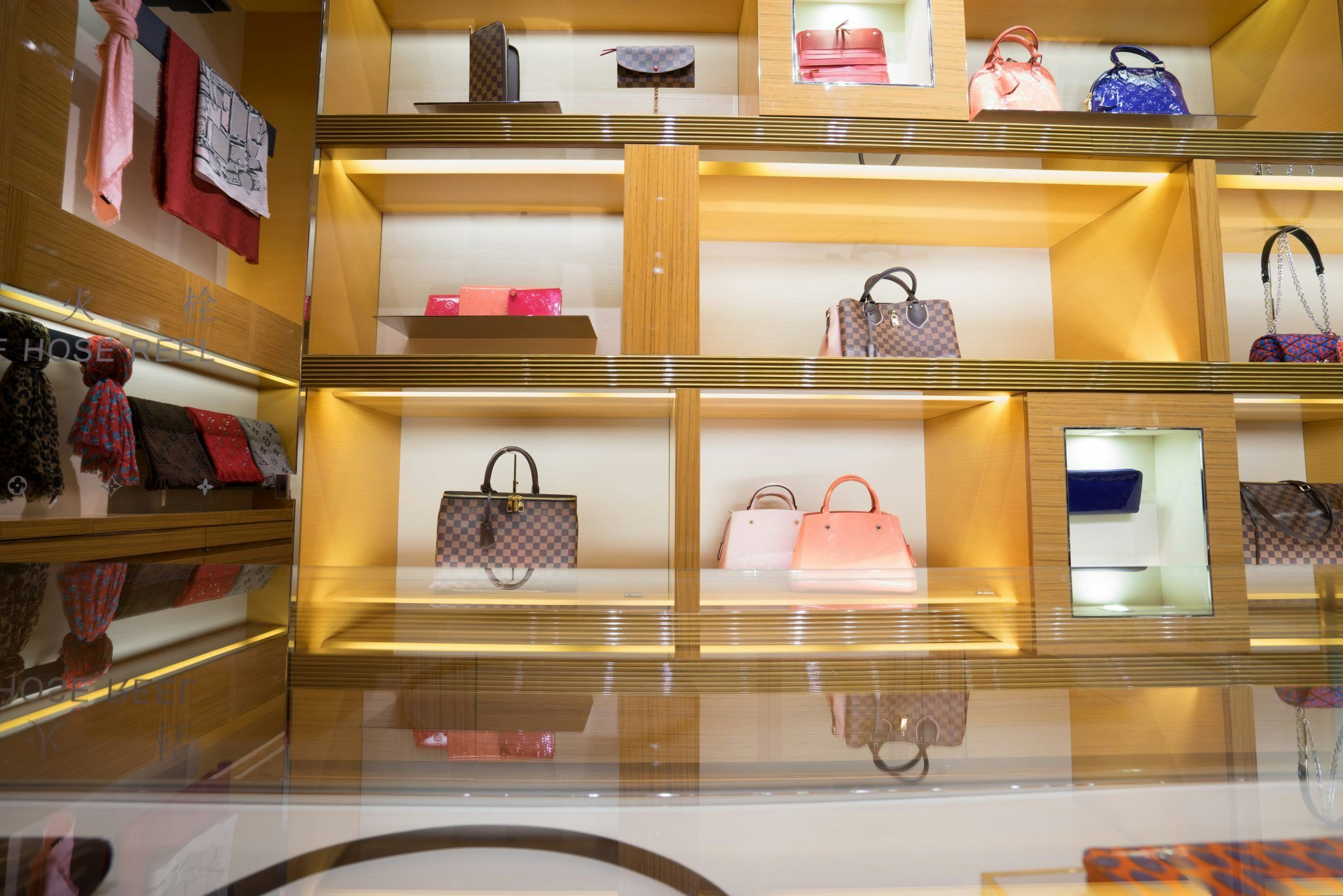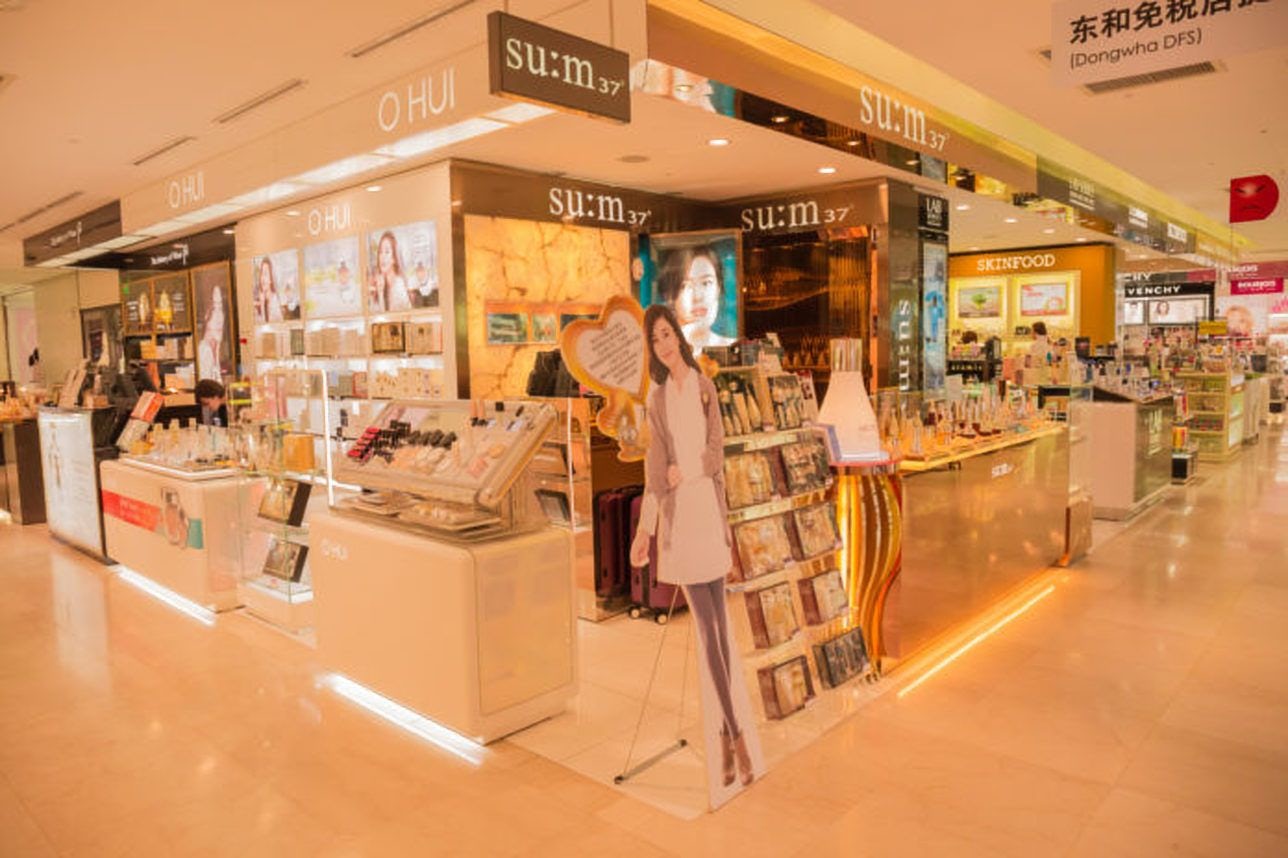In a bid to further improve consumption structure and drive Chinese people to spend more at home, Beijing has rolled out a new round of tariff reductions on foreign consumer goods.
According to an official statement released by Ministry of Finance on November 24, China plans to reduce tariffs on 187 consumer goods, including cosmetics, apparel, health supplements, food, and pharmaceuticals. The new policy will go into effect on December 1. The average tax rate will drop to 7.7 percent from 17.3 percent.
The Ministry said this round of cuts aim to reduce the price differential of overseas products that are in short supply domestically, thereby creating a more competitive environment for local and foreign brands and offering Chinese consumers more choice.
Many analysts expect the move will curb the country’s daigou business (overseas buying agents), a grey market that has existed for years owing to the huge price difference of premium and luxury goods between China and overseas.
Local luxury buyers often favor daigou sellers, as they claim to offer authentic luxury items at a much lower price point. The negative impact of Chinese daigou spending on international luxury brands is multifaceted. The distribution channels of daigou goods are often wholly beyond the control of brands, which can result in counterfeit scams and price confusion among consumers. Furthermore, the shopping experiences that daigou provide to Chinese consumers is substantially different than official brand offerings, which also include in-store and post-sales services. Therefore, it can dilute the perceived value of brands among consumers.
Unfortunately, the latest tariff cuts will not immediately impact the daigou business, as lowering tariff rate does not directly lead to a reduced price of goods. China’s import tax rate comprises of three types of tax, namely tariff, value-added tax, and consumption tax. Even though tariffs have been slashed, the country’s value-added tax remains 17 percent.
“Tariff rate only accounts for 0.5 to 0.7 percent of an imported goods final price,” said a spokesperson of the ministry, “thus, it [the latest round of cuts] will only have a very limited impact on lowering price.”
However, the new policy, which symbolizes Beijing’s intent to boost domestic consumption of premium foreign products, is likely to bring about some changes to Chinese daigou behavior.
In the past, daigou could easily drum up business owing to the sometimes massive price difference between their own offerings and official outlets. However, a few rounds of tariff reduction have reduced the traditional daigou price advantage on items such as formulas, diapers, and food. This will force daigou shoppers to adjust their shopping/selling strategy and become even more selective, focusing on re-selling items that are not available in mainland.
“It has been quite important for us to find our customers the luxury products that mainlanders cannot buy there,” said Rita Liang, a 31-year-old, Milan-based luxury daigou shopper told Jing Daily. “It is not an outcome of this new tariff policy. It is something going on for a while in this circle, but the policy definitely reinforces this trend.”
Liang also revealed that in order to search for rare luxury items, her team even recruited a buyer based in Japan around ten months ago, who was appointed to specifically look for vintage luxury goods from Japan’s flourishing secondhand market. "And that strategy is working pretty well at the moment," Liang said.
The future of the daigou business is not going be simply determined by the Chinese government’s import tax policy. Looking at the development of the country’s luxury market in the past two years does provide some insight into the development of this grey market. Over the past few years, an increasing number of luxury brands have prioritized the Chinese market by establishing a direct presence there. Meanwhile, e-commerce giants such as Alibaba and JD.com have all stepped into the luxury sector. These changes have put the viability of many daigou businesses into question.
Liang admits that attracting customers has become much harder and more costly than ever. “If our advantage of price and scarcity disappear someday, we need to look for a new mode or stop being daigou shoppers.”



